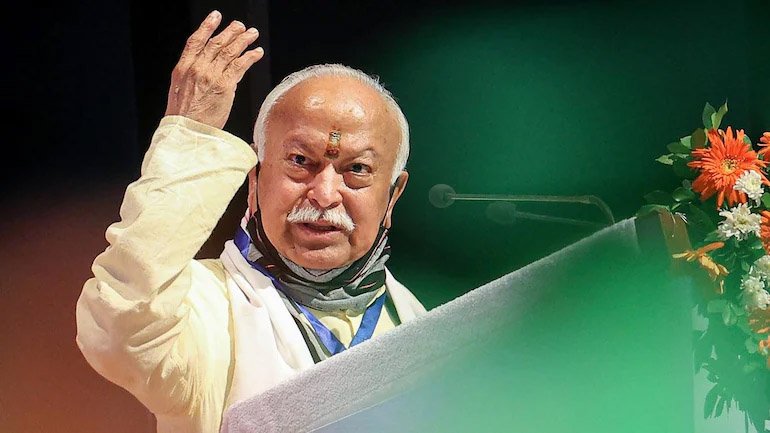A recent event in Chhattisgarh saw RSS Chief Mohan Bhagwat participating in a book launch commemorating the life and work of Kashinath Gore. While details about the book itself remain sparse, the event underscores the enduring influence of individuals who dedicate their lives to a particular ideology or cause, even outside the glare of national headlines. Bhagwat’s presence, and his personal connection to Gore, speaks volumes about the importance placed on maintaining and honoring such legacies within the RSS framework.
Bhagwat’s statement that he felt Gore’s presence whenever he visited Bilaspur suggests a deep personal respect and perhaps a sense of continuity within the organization. This highlights a key aspect of many long-standing movements: the cultivation of a shared identity and history through the veneration of past figures. Such events serve not only to remember individuals but also to reinforce the values and principles they embodied, passing them on to newer generations.
It’s important to recognize the significance of these seemingly local events. They offer a glimpse into the inner workings of organizations like the RSS and shed light on their strategies for maintaining cohesion and promoting their worldview. By honoring individuals like Kashinath Gore, they are essentially reinforcing a narrative and strengthening the bonds between members.
While media coverage often focuses on national-level politics and policies, the grassroots level is where much of the actual work of shaping public opinion and building social movements takes place. Understanding the dynamics of these local events is crucial for gaining a more comprehensive picture of the forces at play in Indian society.
The book launch in memory of Kashinath Gore serves as a reminder that history is not just about famous battles and political leaders. It’s also about the countless individuals who, through their dedication and commitment, contribute to the shaping of their communities and the propagation of their beliefs. Acknowledging their contributions, regardless of one’s own ideological stance, is vital for a nuanced understanding of the complex tapestry of Indian society.
